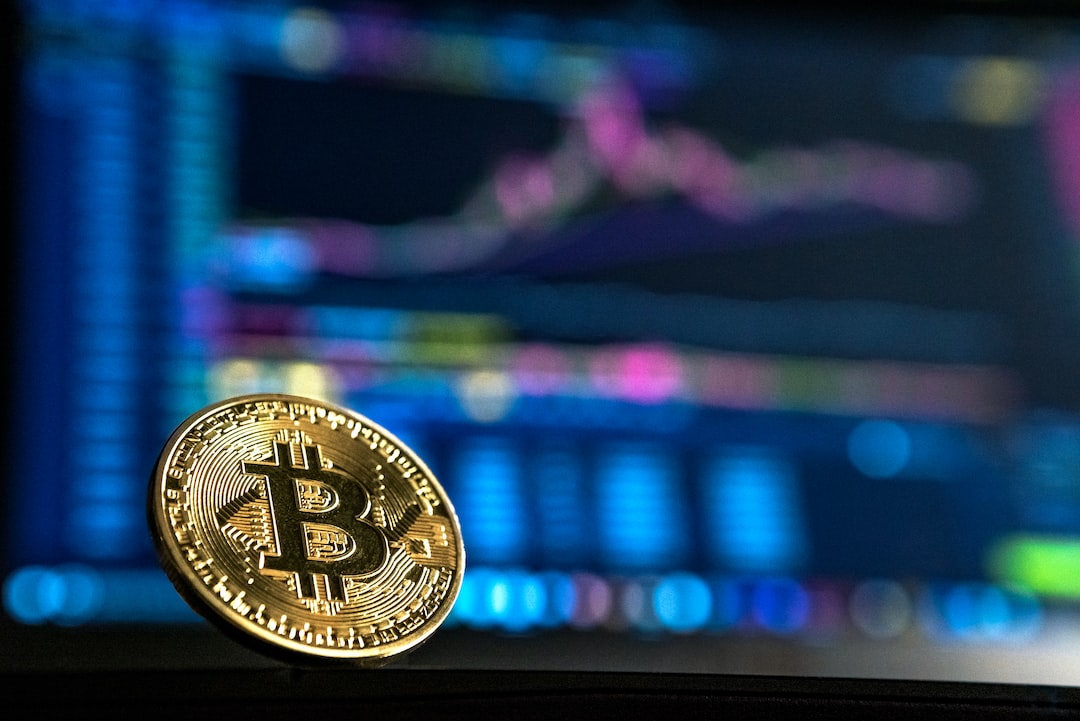Paypal’s stablecoin PYUSD faces challenges due to regulatory guidelines
- Federal Reserve issues guidelines for banks looking to transact with dollar-backed stablecoins
- Banks must receive written notification of supervisory nonobjection from the agency
- Risks associated with trading stablecoins include operational, illicit finance, consumer compliance, liquidity, and cybersecurity risks
- Unclear definition of “appropriate safeguards” may cause unease among banks
- Banks may choose to avoid transacting with stablecoins rather than risk regulatory scrutiny
Impact on PYUSD utility
- Guidelines may hinder banks from accepting PYUSD or any other stablecoin
- Banks need Fed’s approval to transact with dollar-backed stablecoins
- Banks may choose to refrain from offering stablecoins to avoid regulatory risks
Positive aspects for PYUSD
- Stablecoins like PYUSD are transacted on the secure Ethereum network
- Stablecoins are less volatile and fully backed by underlying assets
- Huobi, a crypto exchange, plans to list and trade PYUSD
Hot Take
Overall, the regulatory guidelines set by the Federal Reserve pose challenges for PYUSD’s utility and acceptance by banks. The subjective nature of “appropriate safeguards” and the need for approval may discourage banks from transacting with stablecoins. However, the secure and robust Ethereum network, along with the backing of stablecoins by underlying assets, provides some assurance. The listing of PYUSD on Huobi also presents opportunities for market circulation and liquidity. Despite setbacks, there is potential for PYUSD to gain traction in the crypto market.





 By
By
 By
By
 By
By

